Certifications
Disaster Recovery and Cleaning Professional Certifications

ABRA – CBRM (Certified Bio-Recovery Master)
When the first responders have left the scene and finished their investigation, family members are often left with dealing with an unforgettable mess. Crime/Trauma or infectious disease events happen every day and this is where the unsung heroes of the American Bio Recovery Association can help. The member companies and certified technicians within ABRA are among the highest trained and regarded in the field of responding and mitigating the unthinkable. ABRA Active Member companies and technicians voluntarily invest in ABRA’s peer reviewed third-party certification programs. They are dedicated to being the best at what they do. With so many companies claiming they are certified, the professionals of ABRA offer the consumer peace of mind knowing that when they search for help on this website, they are getting the best care in the industry.
The CBRT is the Technician level. The CBRS is the Supervisor level and the CBRM is a Master level credential. The CBRM can provide diversified industry expertise and is the highest-level credential currently available in the industry.
- They demonstrate knowledge in Infection Control Risk Assessment (ICRA) in Critical Care Environments.
- They are familiar with CDC guidelines for infection control in health care facilities
- Can offer expertise in sanitation of FDA and USDA processing environments.
- They exhibit knowledge in biohazardous and hazardous materials.
- Are familiar with Biological Safety Environments and Pathogen Epidemiology.
- They are familiar with FDA guidelines for GMP Cleaning and 6+Log Room Space Disinfection procedures for Aseptic Environments.
ABRA CERTIFICATION: American Bio Recovery Association (ABRA) is the only third party non-profit organization dedicated to the education and certification of technicians and companies in the Bio Recovery Industry.
What is Bio Recovery?
Bio Recovery is the act of mitigating and remediating conditions resulting from the release of biological hazards. This may include crime and trauma mitigation (bloodborne and body fluids), suicide cleanup, outbreak response, zoonotic diseases, foodborne diseases, public health threats and clandestine drug labs.
What are Biological Hazards?
Also known as biohazards, refer to biological substances that pose a threat to the health of living organisms, primarily that of humans. This can include medical waste or samples of a microorganism, virus or toxin (from a biological source) that can affect human health. It can also include substances harmful to other animals.
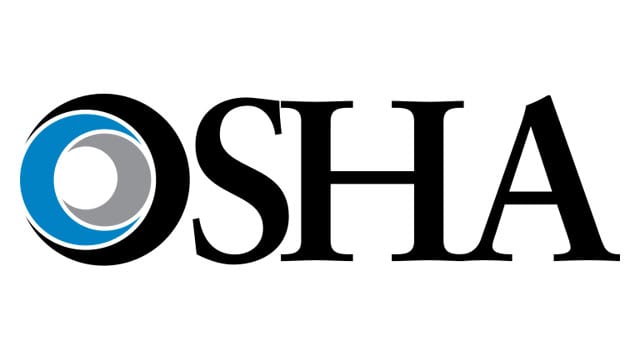
OSHA HAZWOPER 40-Hour Course
The OSHA HAZWOPER 40-Hour Course provides training for workers, managers and supervisors working at a hazardous waste operations and emergency response (HAZWOPER) sites. OSHA has developed the Hazardous Waste Operations and Emergency Response Standard (HAZWOPER) program to protect workers at hazardous sites. These extensive regulations ensure their safety and health when followed correctly.
OSHA 30 Hour General Industry Training
OSHA 30-hour training is the primary method used to train workers and supervisors on hazard recognition and OSHA safety standards. Training covers specific OSHA regulations and requirements as they apply to the general industry.
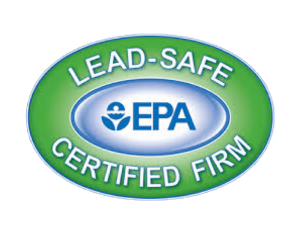
Lead Safe Renovator
- Trained in methods for identifying lead-based paint (LBP)
- Can identify the hazards of LBP and of improperly performed Renovation, Repair and Painting (RRP) where LBP is present
- Recordkeeping standards
- Regulations affecting RRP work
Also received hands-on practice in
- Using the EPA approved test kits to determine whether lead-based paint is present.
- Collecting paint chip samples
- Setting up and cleaning up the project
- Worker protection
- Cleaning verification process
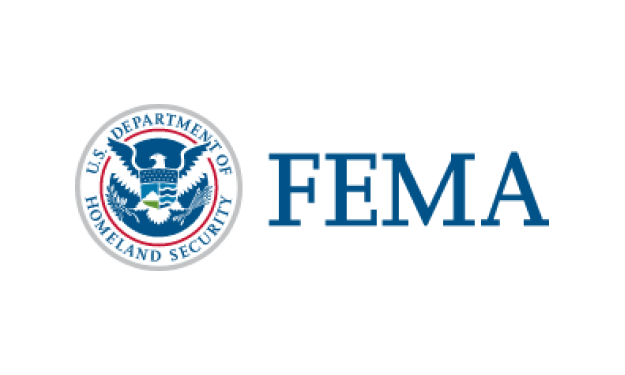
FEMA Introduction to Incident Command System (IS-00100.b)
This course introduces students to the Incident Command System (ICS). This system is used nationwide to manage incidents regardless of size or type. ICS 100, Introduction to the Incident Command System, introduces the Incident Command System (ICS) and provides the foundation for higher level ICS training. This course describes the history, features and principles, and organizational structure of the Incident Command System. It also explains the relationship between ICS and the National Incident Management System (NIMS).
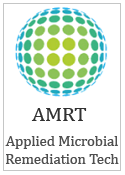
AMRT: Applied Microbial Remediation Technician (iiCRC)
The Applied Microbial Remediation Technician course covers mold and sewage remediation techniques to individuals engaged in property management, property restoration, IEQ investigations or other related professions. Emphasis is placed on teaching mold and sewage remediation techniques to individuals who perform these procedures in the field. Course graduates are adequately equipped to perform remediation services, while protecting the health and safety of workers and occupants.
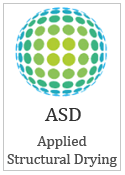
ASD: Applied Structural Drying Technician (iiCRC)
The Applied Structural Drying (ASD) course is designed to teach the effective, efficient and timely drying of water-damaged structures and contents, using comprehensive classroom and hands-on training, in order to facilitate appropriate decision making within a restorative drying environment.
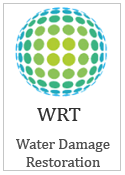
WRT: Water Damage Restoration Technician (iiCRC)
The Water Damage Restoration Technician course is designed to teach restoration personnel that perform remediation work to give them a better concept of water damage, its effects and techniques for drying of structures. This course gives residential and commercial maintenance personnel the background to understand the procedures necessary to deal with water losses, sewer backflows, and contamination such as mold.
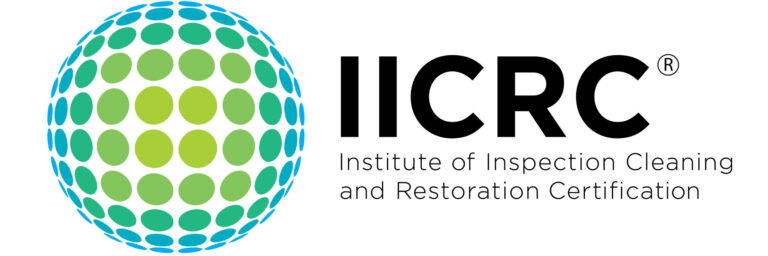
TCST: Trauma and Crime Scene Technician (iiCRC)
The Trauma and Crime Scene Technician provides specific information for the proper maintenance and cleaning of trauma and crime scenes. Emphasis is placed on health and safety requirements (including the hands-on donning and doffing of PPE and creating a hazard assessment of the area), structural remediation (cleaning and demo), contents remediation (cleaning and disposal), and the cleaning and disposal of vehicles and industrial machinery (including lockout/tagout and working with industrial site officers). Cleaning and demo equipment will be discussed along with the laws regarding hazardous waste, transport, storage, and disposal.

Odor Control Technician (OCT)
The Odor Control Technician (OCT) certification covers olfaction and odor, odor sources, detection process, theory of odor control, equipment, chemical options, and applications. Upon achieving the certification, you demonstrate how to address odors caused by biological sources such as decomposition, urine contamination, mold, combustion sources such as fire and smoke damage, and chemical sources such as fuel oil spills or volatile organic chemicals.

What is the IICRC Organization?
The IICRC is the Institute of Inspection Cleaning and Restoration Certification, a non-profit organization for the cleaning and restoration industry.
The IICRC is managed by its Board of Directors, which is comprised of 15 industry leaders elected by the IICRC’s Shareholders. The Board of Directors’ function is to represent the various interests of the Registrants while leading the direction of the organization. The Board of Directors meets four times per year and is tasked with the responsibility of helping shape future policies of the organization and uphold the standards that help shape the industry.
Purpose
The mission of the IICRC is to establish and advance globally recognized standards and certifications for the inspection, cleaning, restoration and installation industries.
Values
- Respect – We will treat everyone we encounter in our interactions through the IICRC in the same manner we would wish to be treated.
- Responsible – We will work to assure that the obligations and stated goals of the IICRC are met in a timely fashion.
- Integrity – We will establish and maintain a culture characterized by honesty, high values and exceptional standards of conduct.
- Excellence – We will accept nothing less than the best in leadership, quality and service.
- Expert – We will continue to build the IICRC’s reputation as the leading authority and source of professional knowledge in the industry.